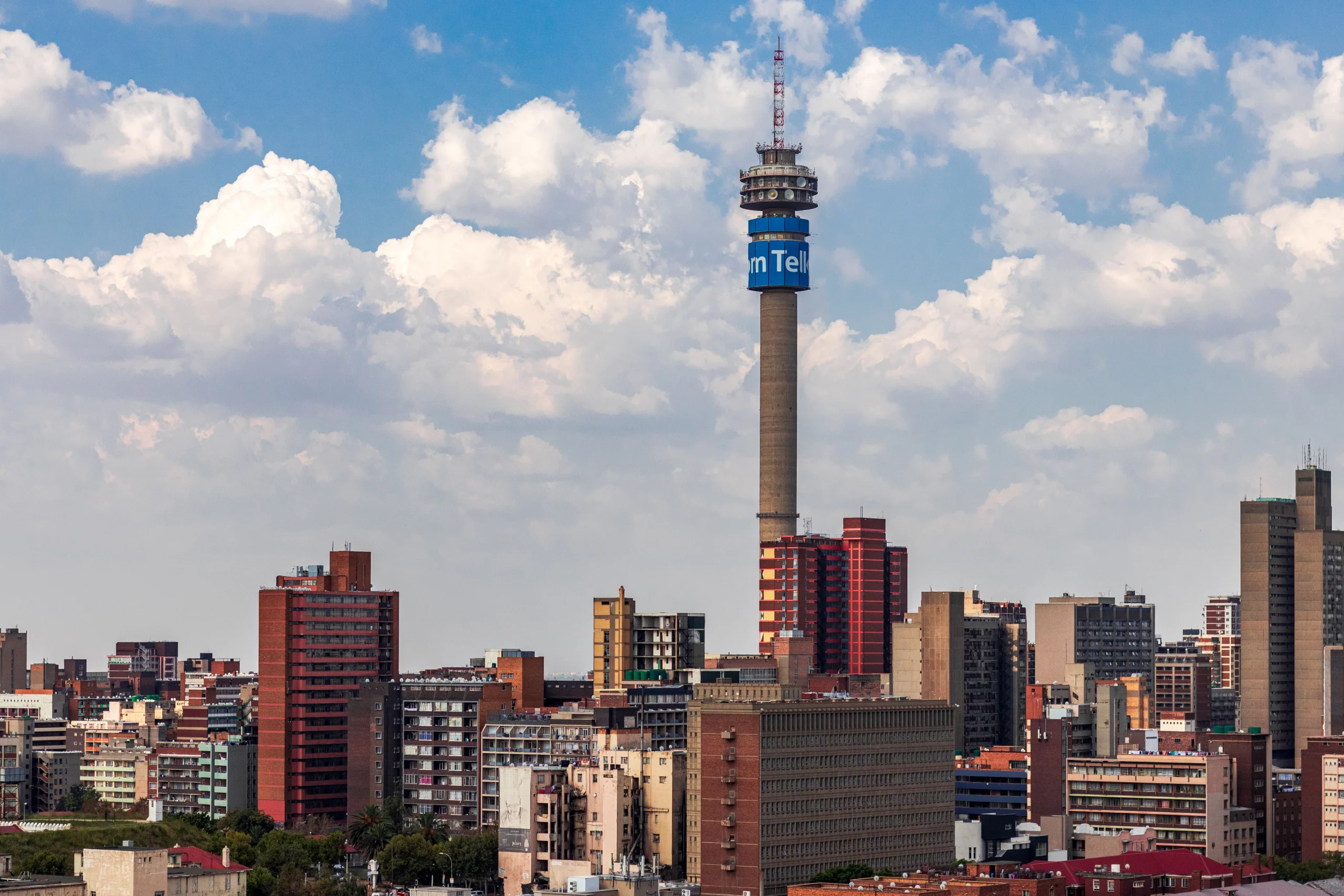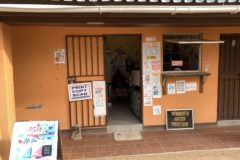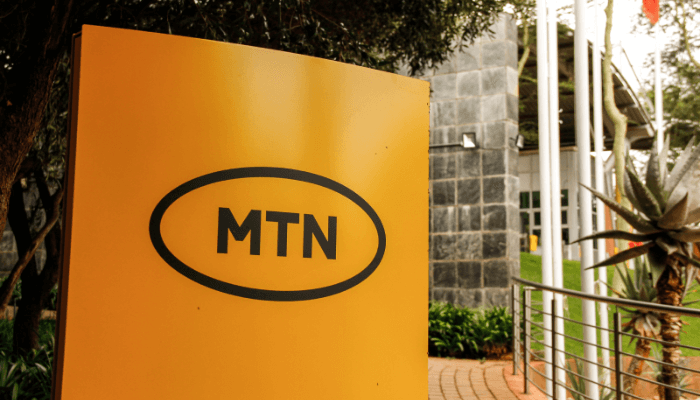On February 24, the international financial crime watchdog the Financial Action Task Force (FATF) announced that South Africa has been added to its “grey list” of countries placed under scrutiny to implement standards to prevent money laundering and terrorism financing.
“The issue is about trusts, non-profit organisations (NPOs), anti-money laundering, combating of terrorism and the various ways in which people with nefarious intentions are able to take advantage of grey areas within existing legislation. The review is meant to address these gaps in existing legislation,” said Tshepo Magagane, an investment banker in South Africa.
The FATF’s listing is divided into three. The blacklisting encompasses high-risk territories with significant strategic deficiencies, examples being North Korea and Iran. The dark grey list includes countries that failed to commit to an action plan to address their deficiencies, and finally, the light grey list is for countries like South Africa who have adopted action plans to address the deficiencies and are being monitored for implementation of those plans by the FATF.
The grey listing of South Africa means that, although FATF does not require enhanced due diligence measures to be applied, some foreign banks, institutions, and organisations, like the European Commission, might impose stringent due diligence checks when dealing with South African entities including individuals, businesses and banks.
“When the FATF grey lists a country, the European Commission adds that country to its own list of high-risk third countries. Unlike the FATF the EU requires its institutions to employ enhanced due diligence measures in relation to those countries. Whether this is warranted in relation to greylisted countries is debatable but such measures add risk-related overlays, and potentially costs, to business with EU institutions,” writes Louis De Koker, professor of law at La Trobe Law School.
The point is further reiterated by Andre van der Spuy, founder and partner at Alkebulan, a London-based and Africa-focused financial advisory and structuring specialist firm.
“In the UK,for example, whenever we need to assess whether we can do business with a counterparty, there are a number of compliance actions we need to look at. Being on the grey list, in addition to the reputational aspects, means a country is losing the benefit of doubt. We need to make sure we look even closer at all compliance aspects, because if there is something wrong, our regulator would say ‘you should have been more careful’,” said van der Spuy.
The greylisting also creates significant reputation damage for Africa’s most industrialised nation, as its effectiveness in combating financial crimes like corruption and money laundering as well as terrorism financing are deemed to be trailing behind international standards.
Why was South Africa greylisted?
According to the country’s national treasury, South Africa did poorly in its 2019 mutual evaluation by the FATF as a result of many institutions being crippled by the state capture under former president Jacob Zuma’s administration.
The country was subsequently put under a one-year observation period in October 2021 to give it time to address 67 recommended actions by the FATF following the evaluation.
In January 2023, an assessment of South Africa’s progress found that the country had managed to reduce the 67 Recommended Actions to 8 strategic deficiencies.
The FATF then took the decision to greylist South Africa until the deficiencies are addressed.
“In summary, the greylisting of a country means that its government has adopted an action plan to address deficiencies identified during its mutual evaluation after an observation period, and to implement such action plan within a defined time period, and with FATF monitoring such implementation,” said the National Treasury in a statement.
When will South Africa be in the clear?
In order to address the deficiencies pointed out by the FATF, the South African government has set itself a deadline of the end of January 2025, with the possibility of managing to do it in 2024.
Being struck off the greylist will occur after a final, on-site assessment when both FATF and South Africa believe that all elements of the action plan have been largely or fully addressed.
“In short, South Africa needs an effective public private partnership to move off the grey list as fast as reasonably possible, while preventing unnecessary economic harm. South Africa, as one of the few co-designers of FATF standards, should not have placed itself in its current position but, with decisive government action and good industry collaboration, this unfortunate chapter can be closed without undue economic harm,” added De Koker.
South Africa is not the first southern African nation to be placed under the FATF’s greylist.
In 2018, Botswana was also placed on the list citing its deficiencies in having strong anti-money laundering and counter-terrorism financing frameworks. The country was eventually stricken off the list in October 2021, three years later, following the successful addressing of the deficiencies including devising a financial intelligence act.





















